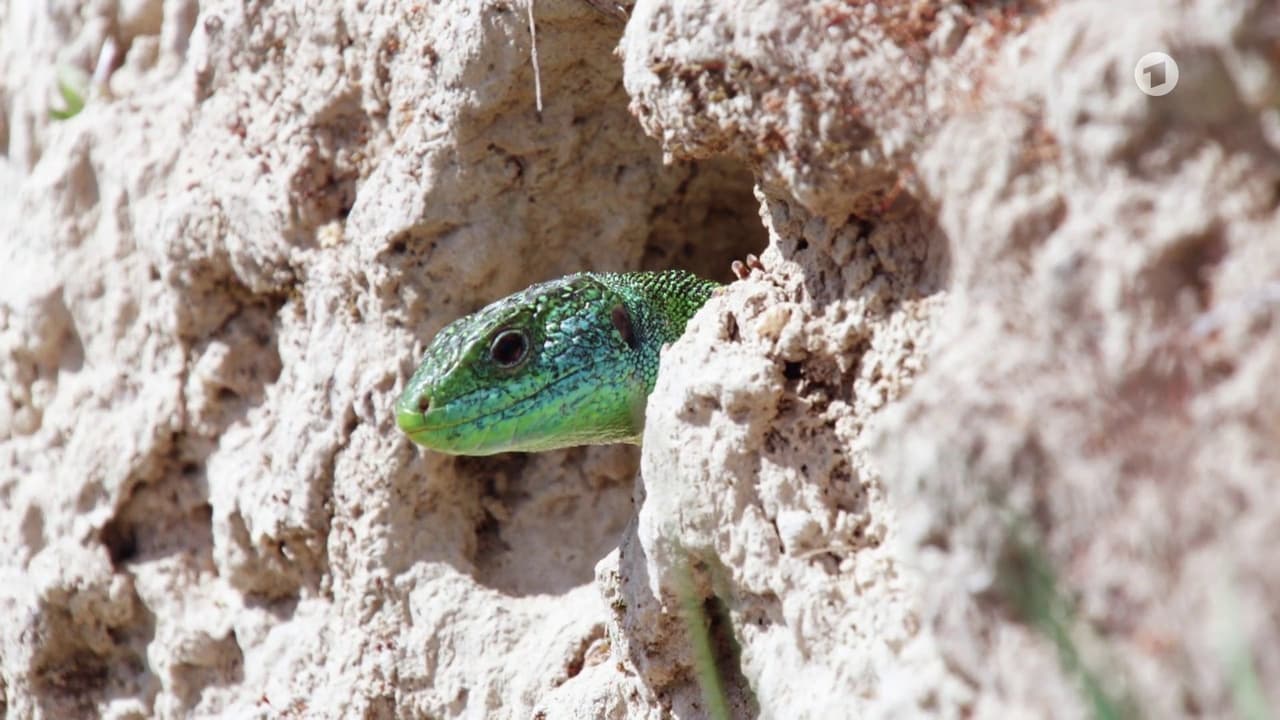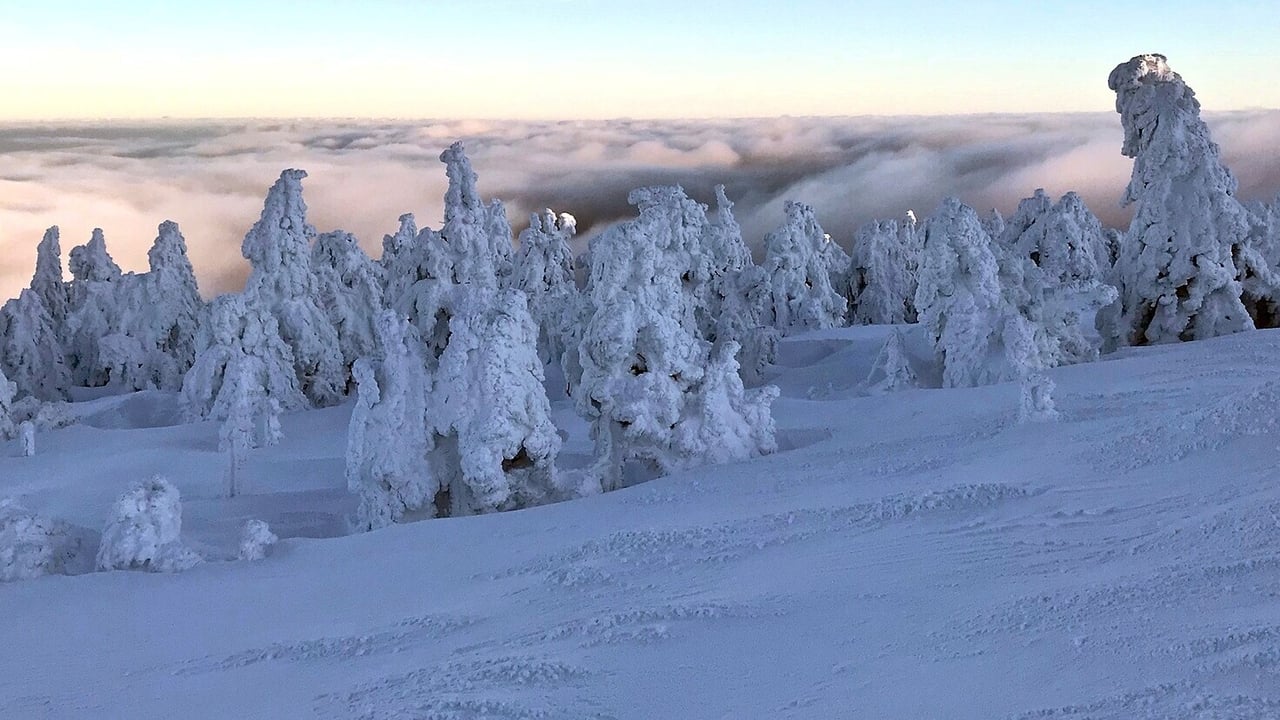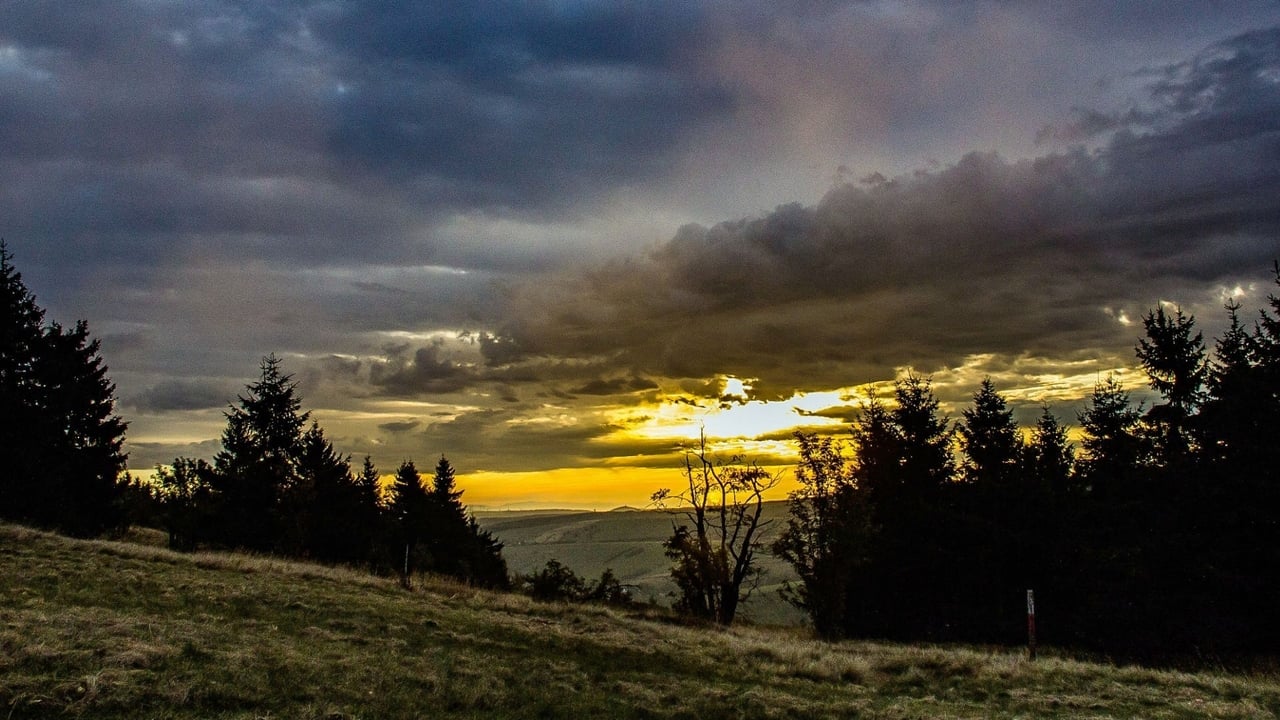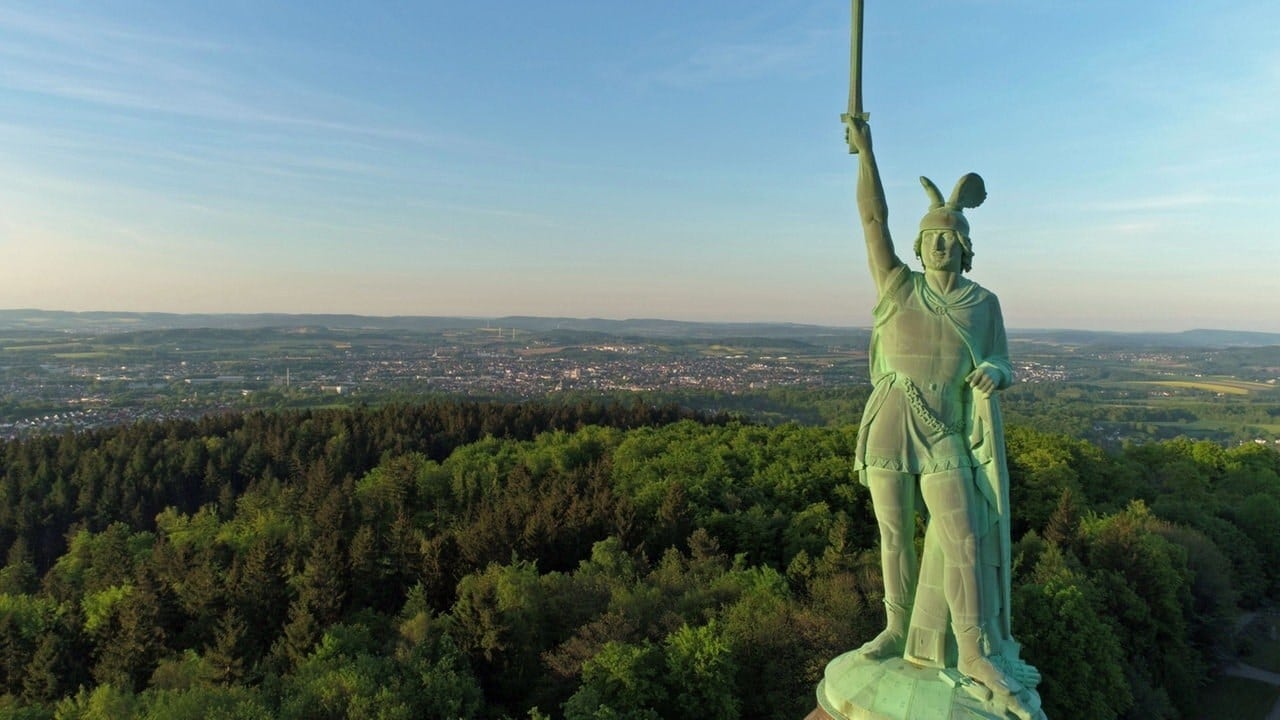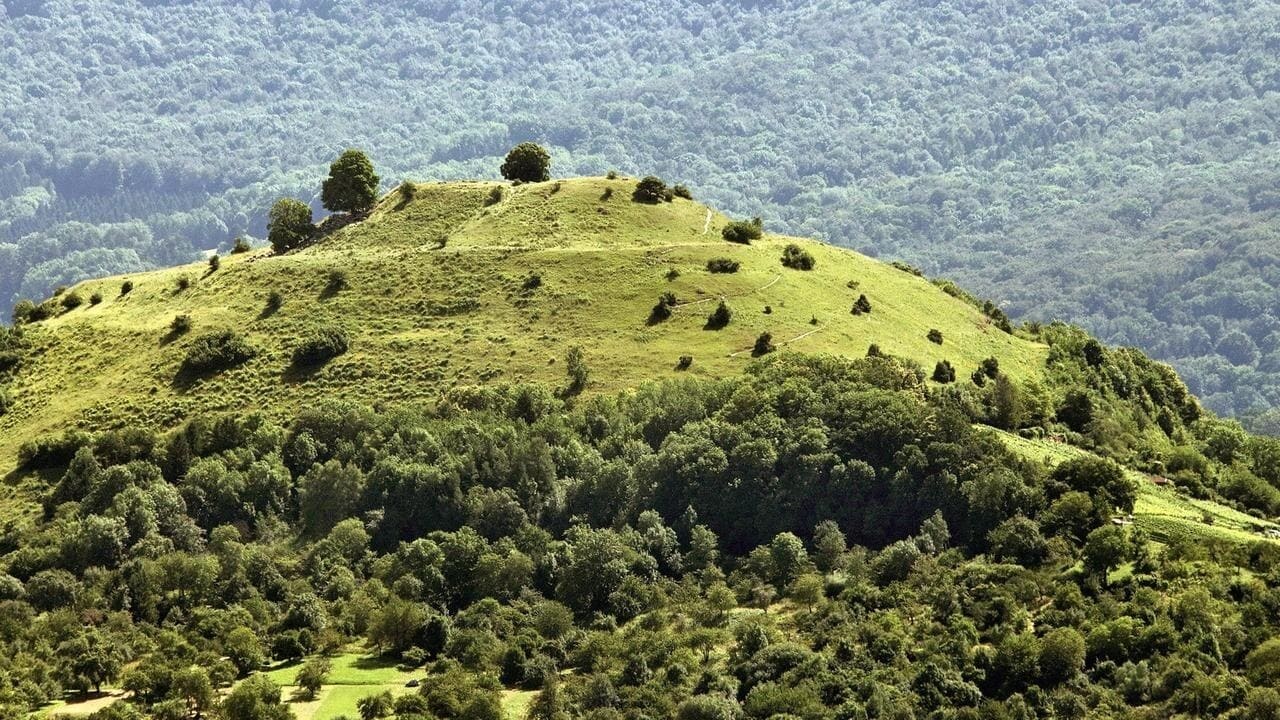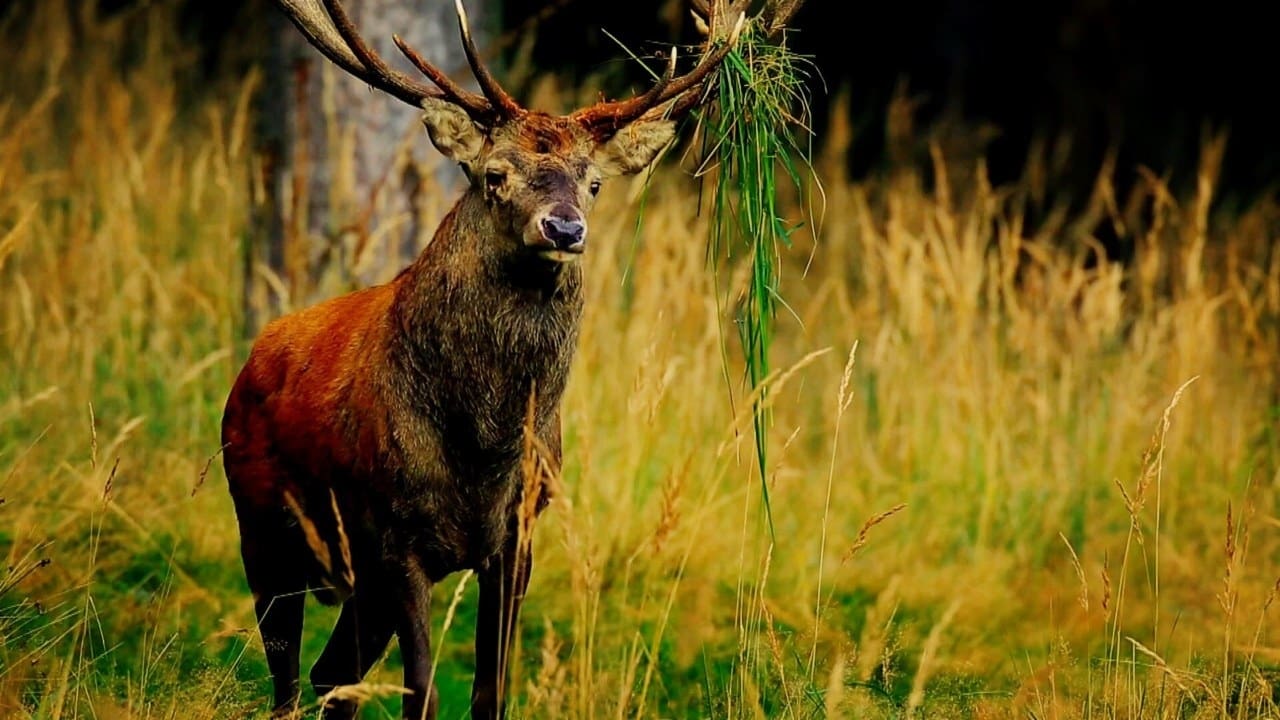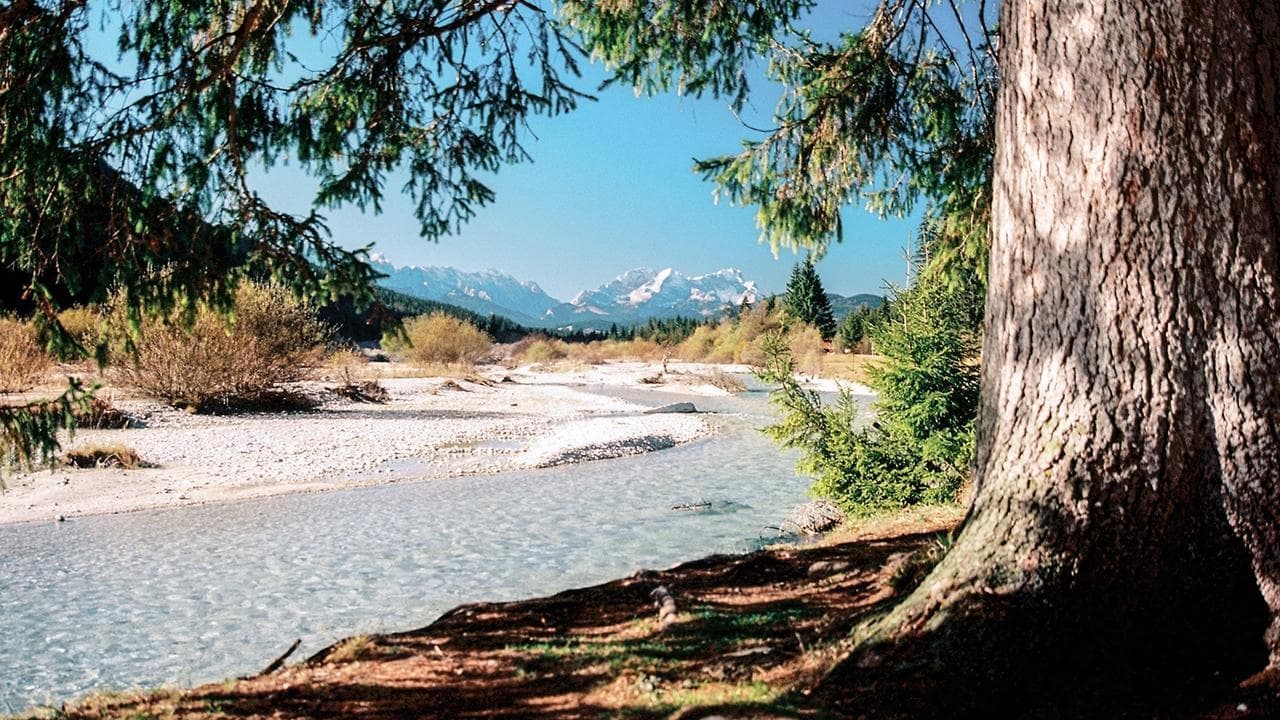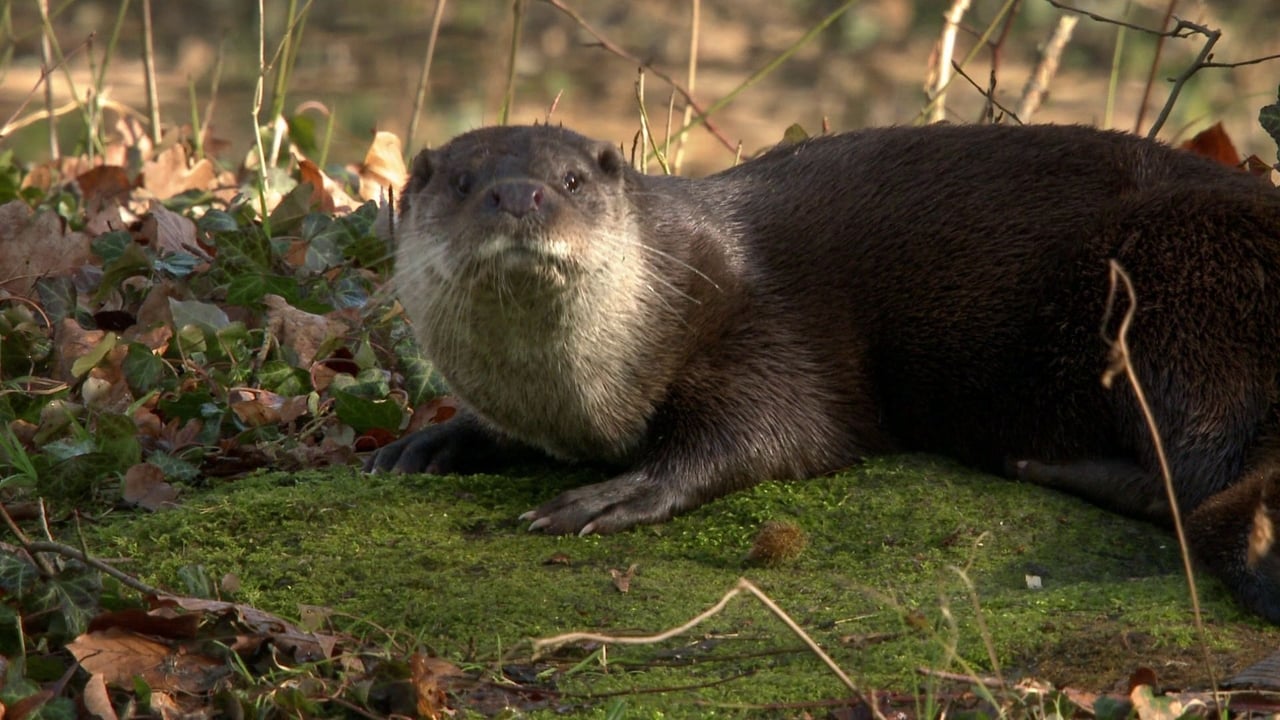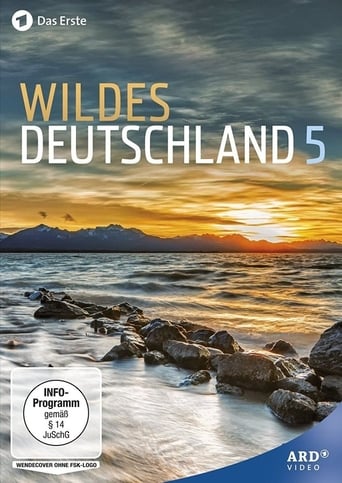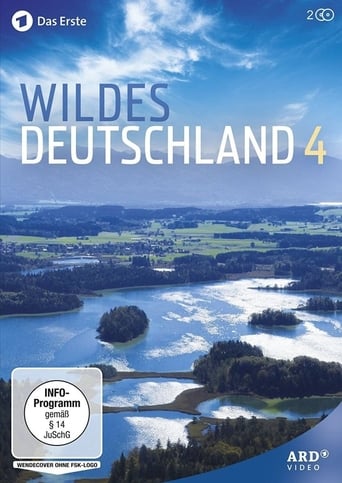Wildes Deutschland
(2011)Streaming Episode Guide
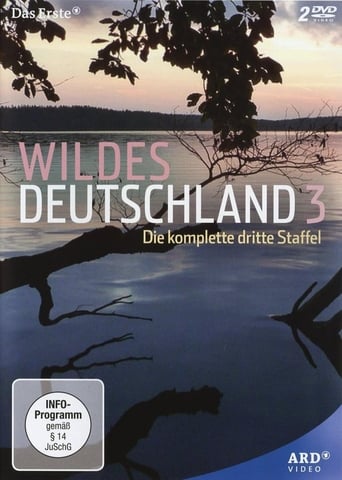
Season 3
Wild Berlin
Episode 4 - 6-20-2013
 7.5/10
7.5/10

The Stechlin - In the kingdom of clear lakes
Episode 3 - 6-18-2013


The Lusatia
Episode 2 - 6-17-2013
 7.2/10
7.2/10

The Danube
Episode 1 - 1-14-2013
 7.2/10
7.2/10

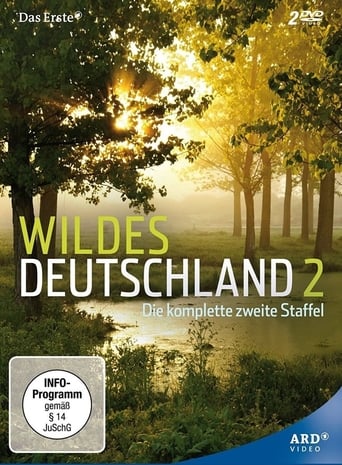
Season 2
The Bavarian Forest
Episode 5 - 5-25-2012
 8.6/10
8.6/10

The Main - Germany's center
Episode 4 - 5-24-2012


Wild Uckermark
Episode 3 - 5-23-2012


The Palatinate Forest
Episode 2 - 5-22-2012
 8/10
8/10

The Thuringian Forest - Germany's green heart
Episode 1 - 5-21-2012


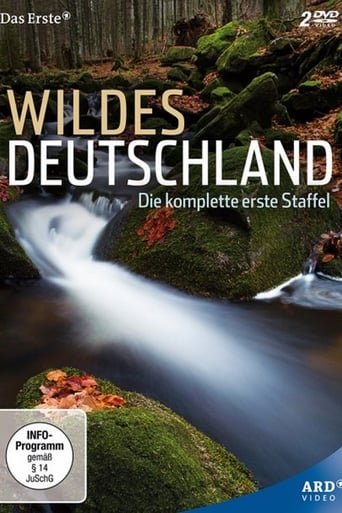
Season 1
Saxon Switzerland
Episode 6 - 9-26-2011
 7.5/10
7.5/10

The Berchtesgaden Alps
Episode 5 - 4-22-2011
 8.7/10
8.7/10

Western Pomerania coast
Episode 4 - 4-21-2011
 7.9/10
7.9/10

The Black Forest
Episode 3 - 4-20-2011
 7.2/10
7.2/10

North Friesland
Episode 2 - 4-19-2011
 7.2/10
7.2/10

The Spree Forest
Episode 1 - 4-18-2011
 7.6/10
7.6/10


The Berchtesgaden Alps
Episode 5 - 4-22-2011
 8.7/10
8.7/10

The Bavarian Forest
Episode 5 - 5-25-2012
 8.6/10
8.6/10

The Palatinate Forest
Episode 2 - 5-22-2012
 8/10
8/10

Western Pomerania coast
Episode 4 - 4-21-2011
 7.9/10
7.9/10



